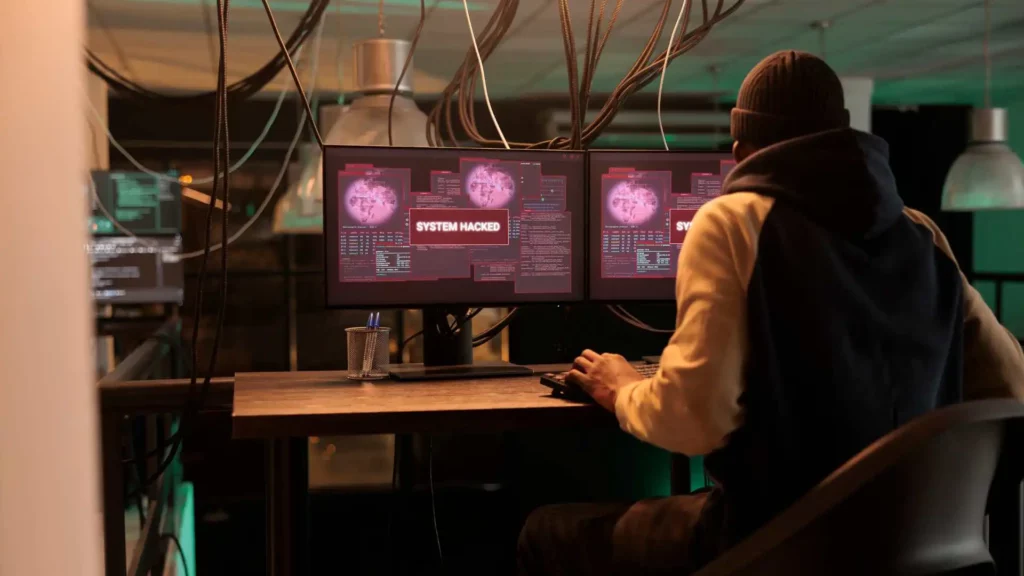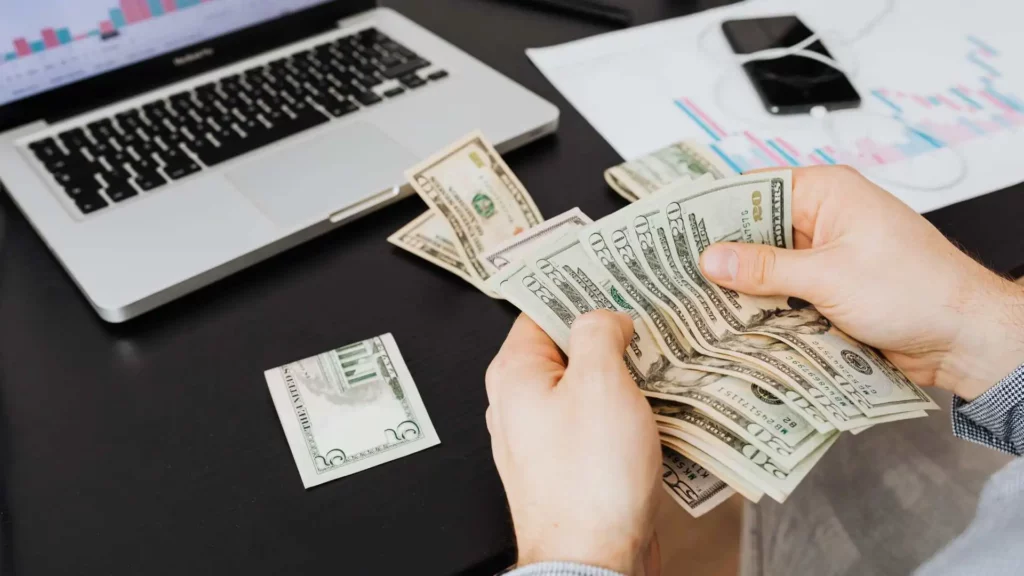A personal check is a piece of paper that contains the name and amount of the recipient. When the bank processes it, money gets transferred to the account mentioned in the check. It is like a promissory note that ensures that the money will be available to the recipient no matter when he redeems it.
Checks are an orthodox way of transferring money. They are also known as slow debit cards. Checks come in handy sometimes, and you should not deem them unnecessary. For more on how to manage your money, read our blog.
The requirement of a personal check
Checks are important as some organizations don’t accept debit or credit cards. It may also be the case where a landlord asks the tenant to give monthly checks for security. Hence, you should be prepared for such situations with a checkbook always at your disposal.
There are also other ways in which you can send money.
- Make use of a debit or credit card
- Use electronic transfers methods and applications
- Use the online bill pay feature of your bank or credit unions
Advantages of personal checks
- No convenience fee: Electronic payments are generally levied with a convenience fee and to save that cost, checks are the best option.
- Offline option: There is still a significant part of the population that doesn’t use the internet. Surveys show that 11% of U.S. adults are still partial to the use of the internet. Hence, checks are a better way if the internet facility is lacking.
- Security: Checks are secure because they are always verified before anyone can use them, this is the opposite in the case of cash or cards.
Disadvantages of personal checks
- Processing time is extensive: Checks can take several business days for the payment to reflect in the account. The recipient is at the discretion to cash the check in weeks, days, or months, which makes it cumbersome to estimate the exact number of days. If you accidentally entered the wrong amount in the check then you will overdraw your account.
- Additional costs: Checks do not impose a convenience fee for you but you will have to spend on stamps and envelopes if you pay bills through the mail.
also know about : Why personal checks are still relevant
The bottom line
Checks are convenient because they can also act as collateral in different situations. If your checking account provides free checks then you should keep them with you. Even if they are paid, having some checks is always crucial. However, avoid ordering checks from any place other than credit unions or banks as it may lead you to pay an extra fee.




























